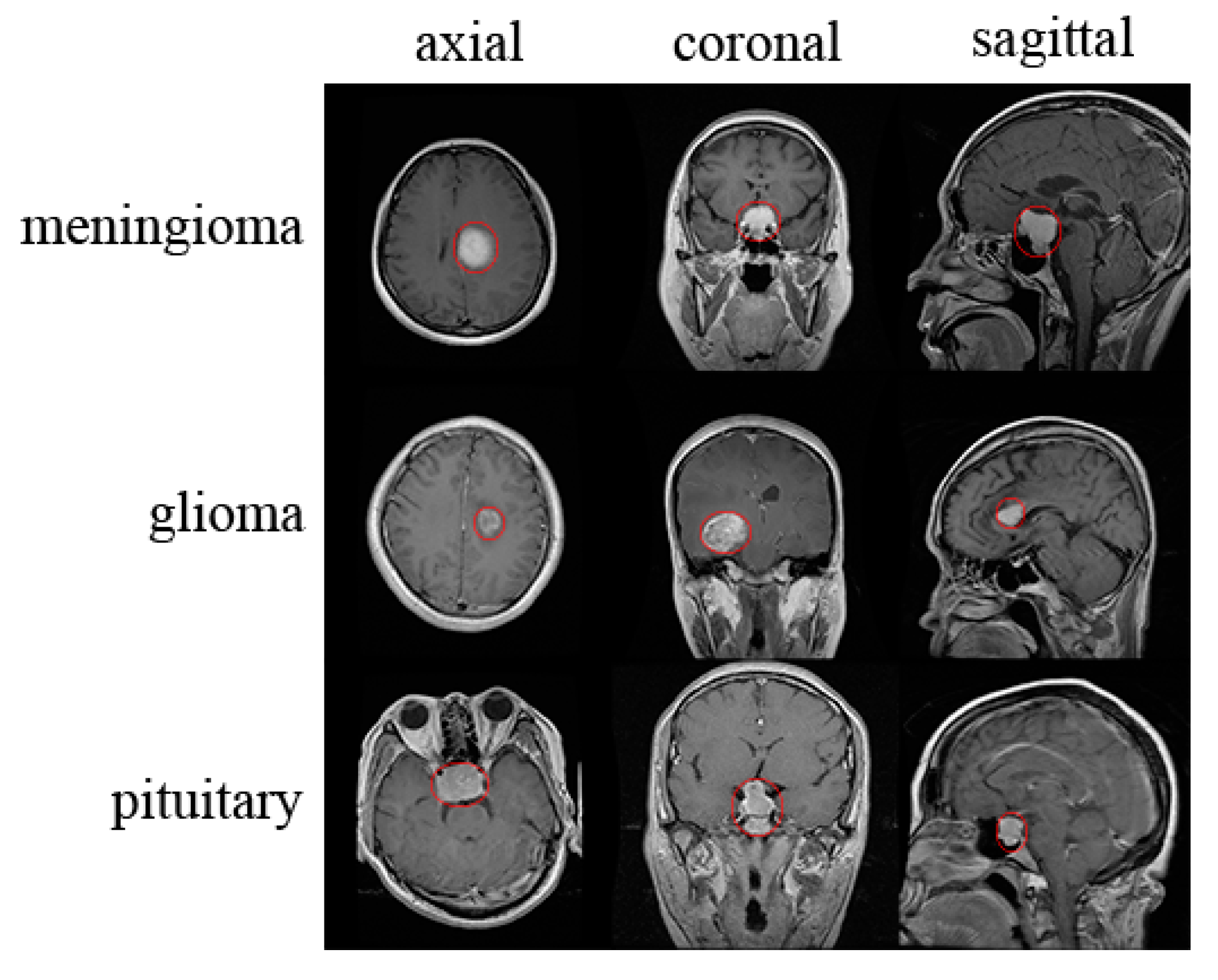
It was a sunny day in May when Jane received the shocking news that she had a brain tumor. She was a healthy and active woman in her early 40s who enjoyed running and spending time with her family. The diagnosis came as a complete shock to her and her loved ones.
Jane's symptoms had started a few weeks earlier with frequent headaches and bouts of dizziness. She had brushed it off as stress-related symptoms and tried to manage them with over-the-counter medication. But when the symptoms persisted, she decided to visit her doctor for a check-up.
After several tests, scans, and a biopsy, Jane's doctor confirmed that she had a brain tumor. The news was devastating, and Jane and her family were thrown into a state of shock and disbelief. They were overwhelmed with questions about the future and the unknowns that lay ahead. What is brain tumor?
A brain tumor is a serious and potentially life-threatening condition that can affect people of any age, gender, or ethnicity. It is a growth of abnormal cells that form within the brain or its surrounding tissues, and can have a range of symptoms depending on its location and size. In this blog, we will explore the causes, symptoms, diagnosis, and treatment options for brain tumors.
Causes of Brain Tumors
The exact cause of brain tumors is unknown, but research suggests that several factors may contribute to their development. These include:
- Genetic mutations: In some cases, mutations in certain genes can lead to the formation of tumors in the brain.
- Environmental factors: Exposure to certain chemicals or radiation may increase the risk of developing brain tumors.
- Medical conditions: Some medical conditions, such as neurofibromatosis or tuberous sclerosis, can increase the risk of developing brain tumors.
- Age: The risk of developing a brain tumor increases with age, although tumors can occur at any age.
Symptoms of Brain Tumors
The symptoms of a brain tumor can vary depending on its location, size, and rate of growth. Some common symptoms of brain tumors include:
- Headaches
- Seizures
- Nausea and vomiting
- Changes in vision, hearing, or speech
- Loss of balance or coordination
- Weakness or numbness in the limbs
- Personality changes or mood swings
Diagnosing Brain Tumors
Diagnosing a brain tumor typically involves a combination of tests, including imaging scans and a biopsy. Imaging tests such as CT or MRI scans can help doctors to see the location and size of the tumor, while a biopsy involves removing a small sample of tissue for analysis.

Once a diagnosis has been made, doctors will determine the type and grade of the tumor. There are several types of brain tumors, including:
- Gliomas: These tumors originate in the glial cells, which provide support and nutrition to the neurons in the brain.
- Meningiomas: These tumors develop in the meninges, the protective membranes that cover the brain and spinal cord.
- Pituitary tumors: These tumors develop in the pituitary gland, a small gland located at the base of the brain.
- Schwannomas: These tumors develop in the Schwann cells, which wrap around the nerves in the brain and spinal cord.
The grade of the tumor refers to how abnormal the cells appear under a microscope and how quickly the tumor is growing. The grading system ranges from grade I (least malignant) to grade IV (most malignant).
Treating Brain Tumors
The treatment of brain tumors depends on several factors, including the type and grade of the tumor, its location, and the overall health of the patient. Treatment options may include:
- Surgery: Surgery is often the first-line treatment for brain tumors, and involves removing as much of the tumor as possible.
- Radiation therapy: Radiation therapy uses high-energy beams to kill cancer cells and shrink tumors.
- Chemotherapy: Chemotherapy involves using drugs to kill cancer cells and shrink tumors.
- Targeted therapy: Targeted therapy uses drugs that target specific proteins or other factors that allow cancer cells to grow and divide.
What then happened to Jane?
In Jane's case, early detection and a comprehensive treatment plan were critical in her successful recovery. She also credits her positive attitude and the support of her loved ones for helping her through the tough times.
If you or someone you know is experiencing symptoms of a brain tumor, it is important to seek medical attention right away. Early detection and treatment can improve the chances of a successful outcome and increase the likelihood of survival. With the right care and support, it is possible to beat this devastating disease and emerge stronger on the other side.
SEE YOU NEXT TIME, LOVE YOU












0 comments:
Post a Comment